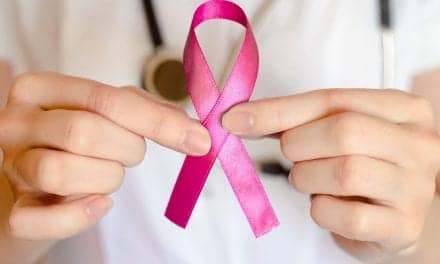MIT artificial-intelligence expert Regina Barzilay spearheaded development of an AI program that can more accurately predict if someone will be afflicted with breast cancer.
As she and her team laid out in an article in the Journal of Clinical Oncology last month and explore further in an upcoming piece set to be published in Nature Medicine, by analyzing a mammogram’s set of byzantine pixels and then cross-referencing them with thousands of older mammograms, the AI — known as Mirai — can predict nearly half of all incidences of breast cancer up to five years before they happen.
It’s a marriage of tech and health care that could alter millions of lives without a single drop of medicine. “If the data is validated, I think this is very exciting,” said Janine T. Katzen, a radiologist at Weill Cornell Medicine who specializes in breast imaging.
Assuming that validation happens — trials are about to begin — Mirai could transform how we use mammograms, open up a whole new world of testing and prevention, avoid aggressive treatments and even save the lives of countless number of people who get breast cancer. (Men and nonbinary individuals also are affected.) Mirai would spit out risk scores for patients’ next five years, giving them a chance to make health-care choices that earlier generations could only dream of.
Read the full article at the Washington Post.






